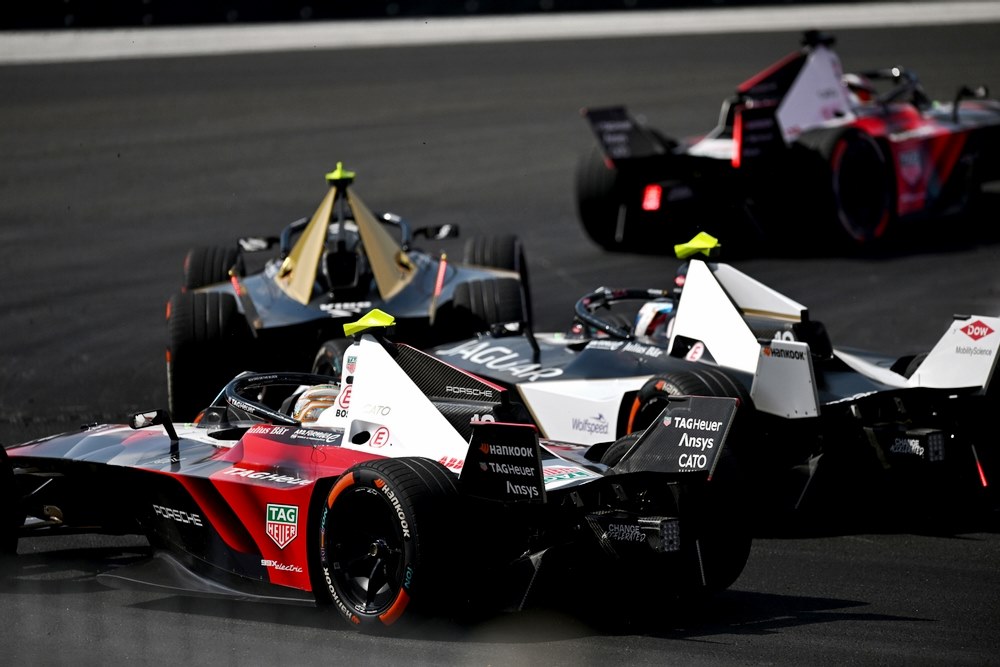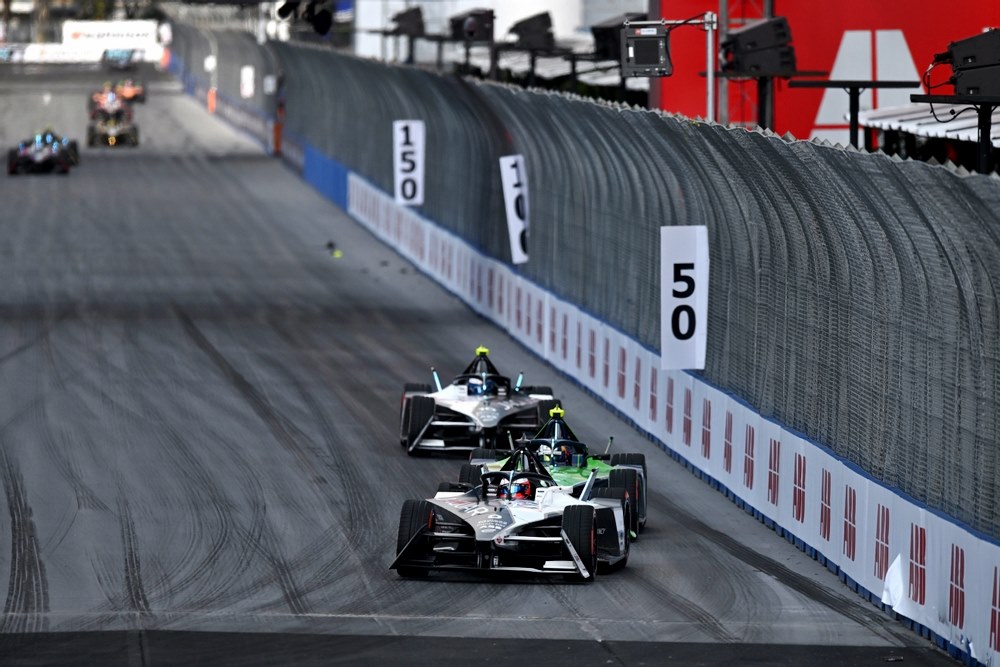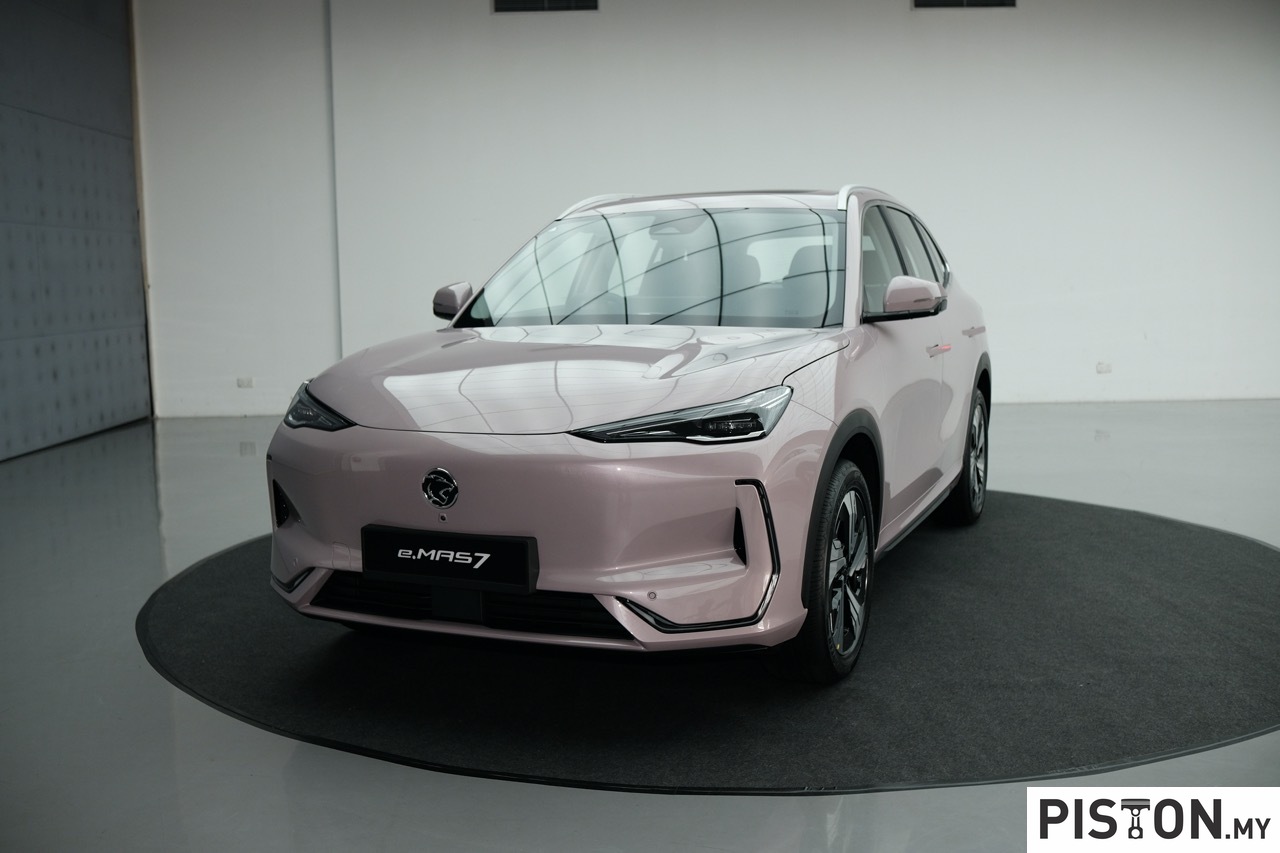Malaysia’s chance to host the Formula E-Prix final next year appears to be slipping away, with Thailand emerging as a likely contender despite initial favour towards Kuala Lumpur. The delay in response from the Malaysian government has led to uncertainty, potentially costing the nation an opportunity to showcase its potential on the global stage.
According to FMT, Formula E extended an invitation to Kuala Lumpur to host the final race annually until 2030, but the Malaysian government has yet to respond. Formula E CEO James Dodd sought an audience with Prime Minister Anwar Ibrahim to discuss the event’s benefits, but the lack of a decisive response has put Malaysia’s bid in jeopardy.
While the cost of hosting the event remains undisclosed, there are concerns about the financial burden it may impose, especially in light of other costly initiatives like the attempted bid for the 2026 Commonwealth Games. However, economic projections suggest significant potential benefits, including injecting millions into the local economy and creating thousands of jobs over the next decade.
Thailand has emerged as a strong contender for hosting rights, with Dodd meeting Prime Minister Srettha Thavisin to discuss the growth of electric vehicles in the country. Thailand’s proactive approach and discussions with Formula E officials indicate a willingness to embrace the event and its associated benefits.
Formula E needs to finalise the host city for the final race soon, with confirmation required by June this year for adequate preparation. Malaysia’s delay in responding to the invitation risks losing out on this opportunity, highlighting the importance of timely decision-making in securing prestigious events.
Hosting the Formula E-Prix final offers more than just economic benefits. It provides cities with a platform to showcase their commitment to sustainable urban development and accelerate the adoption of electric vehicles. Beyond financial gains, Malaysia stands to gain international recognition and promote its efforts towards a greener future.
The potential loss of hosting rights for the Formula E-Prix final underscores the importance of decisive action and strategic decision-making by the Malaysian government. While cost considerations are valid, the broader benefits, both economic and reputational, make this opportunity too significant to overlook. Malaysia must act swiftly to secure its place on the global stage and capitalise on the potential offered by hosting Formula E.





















